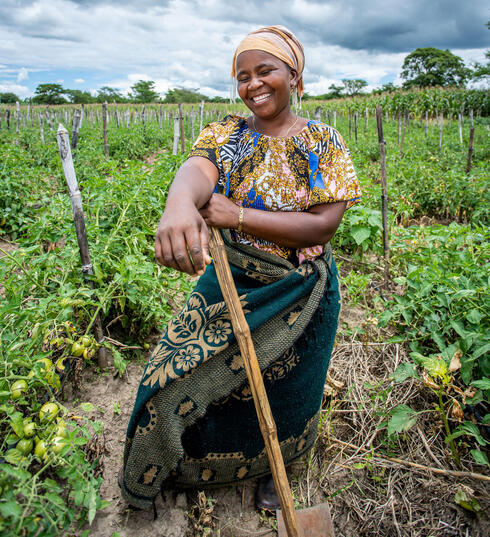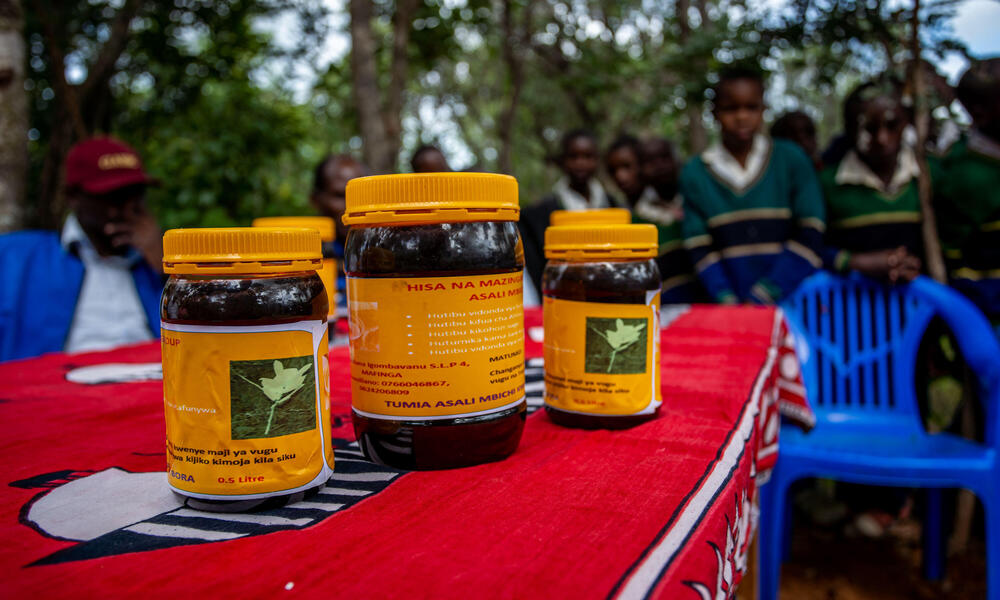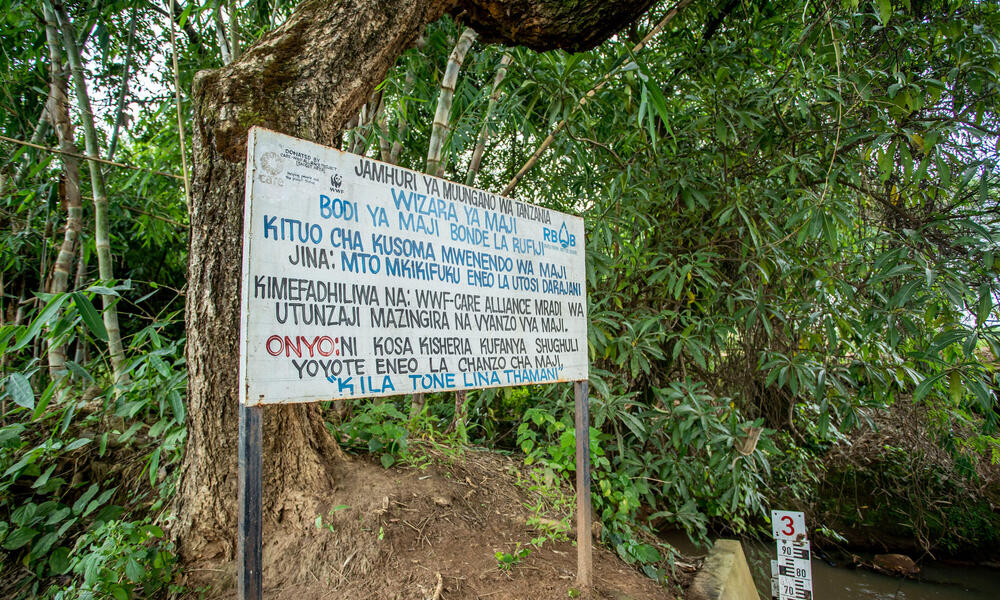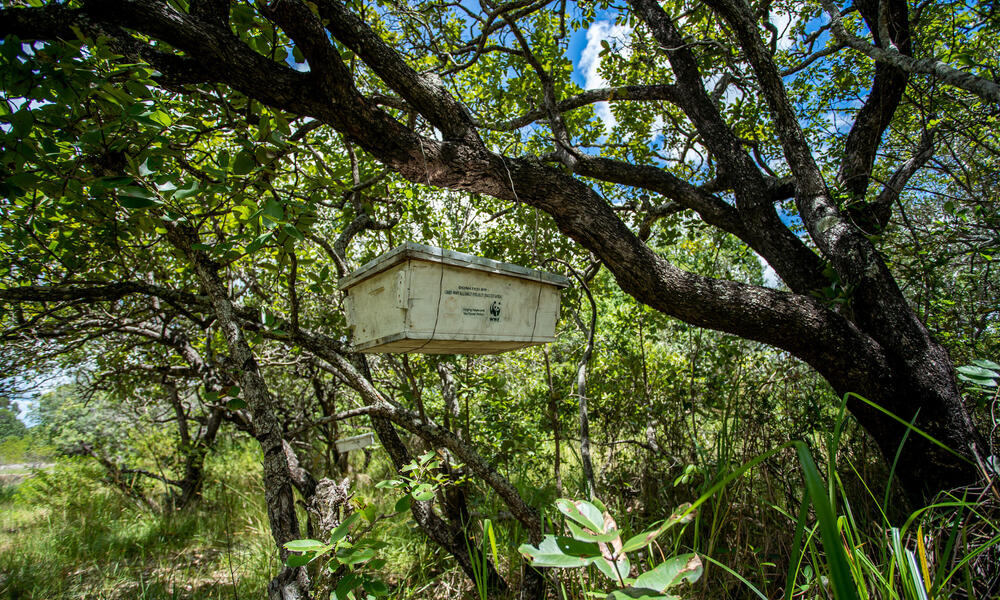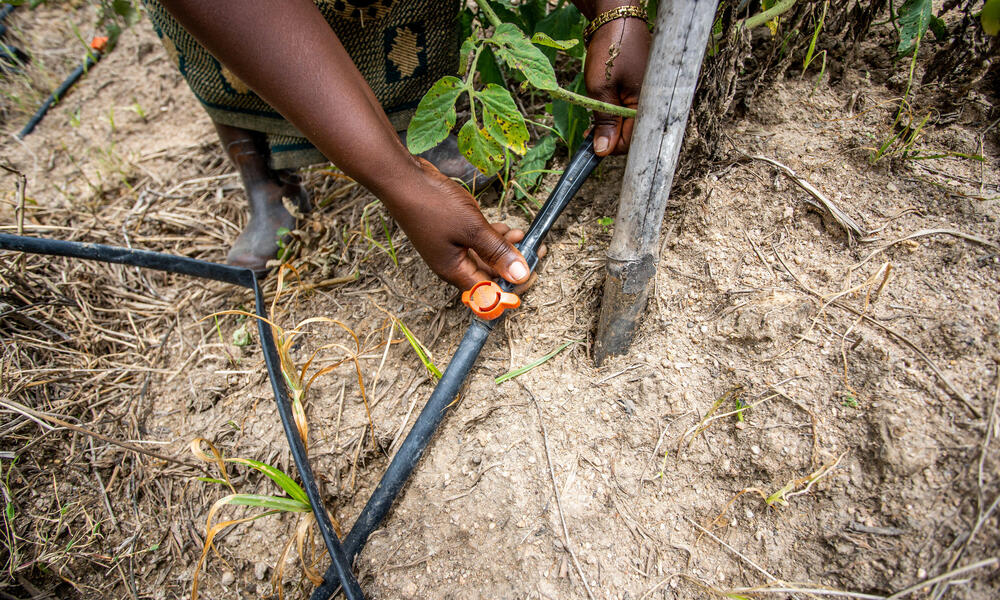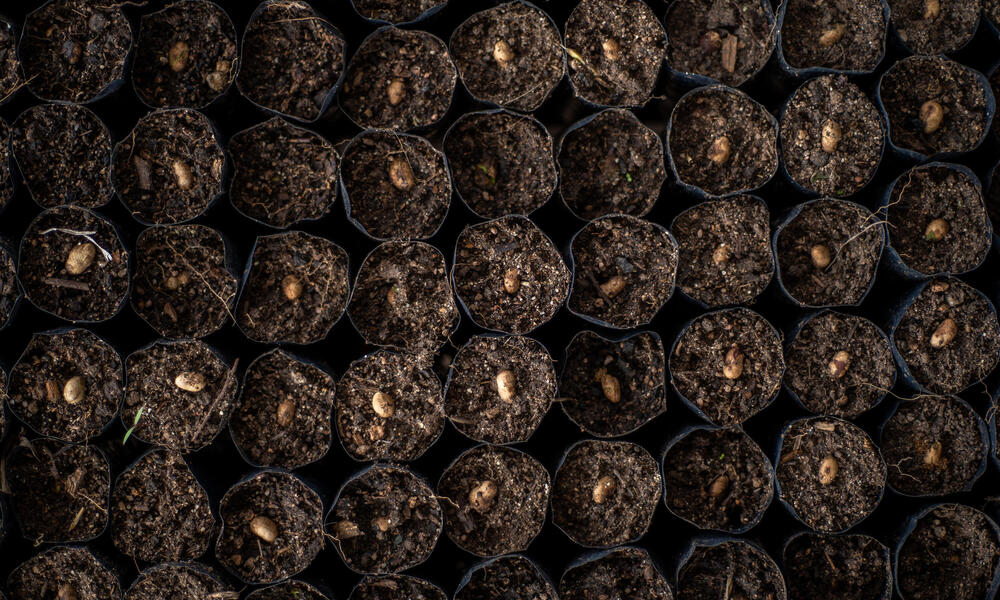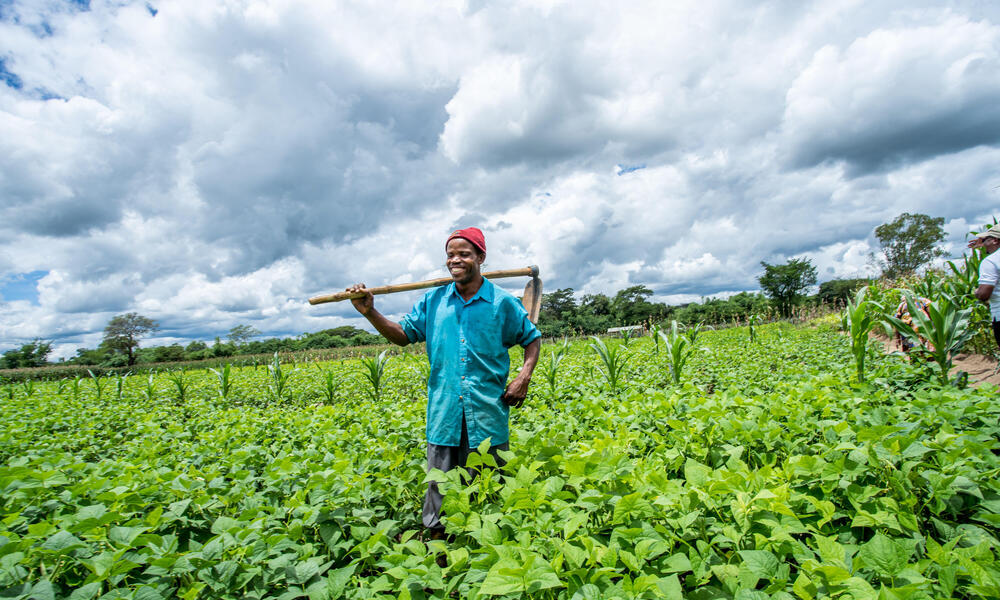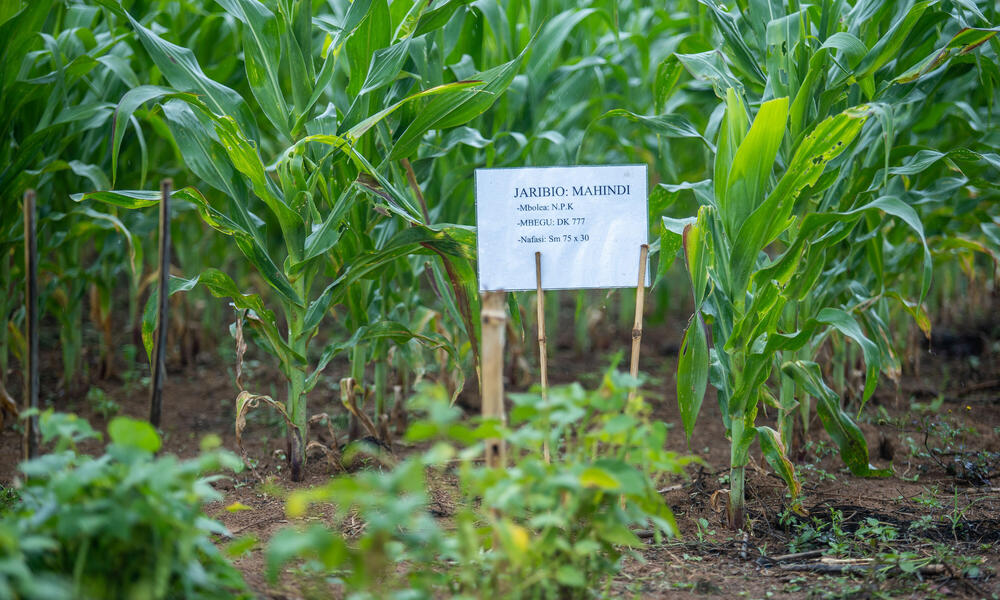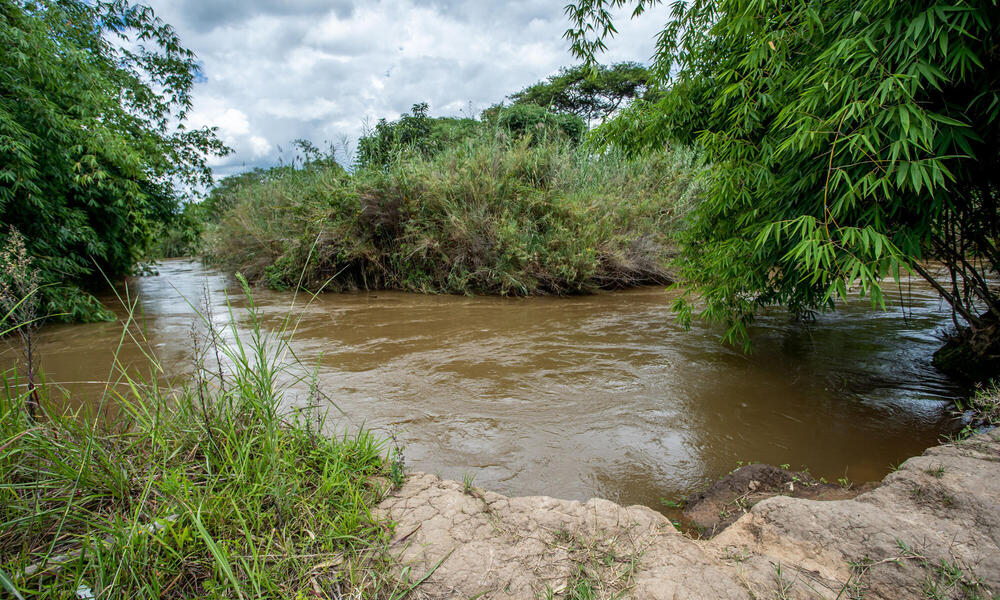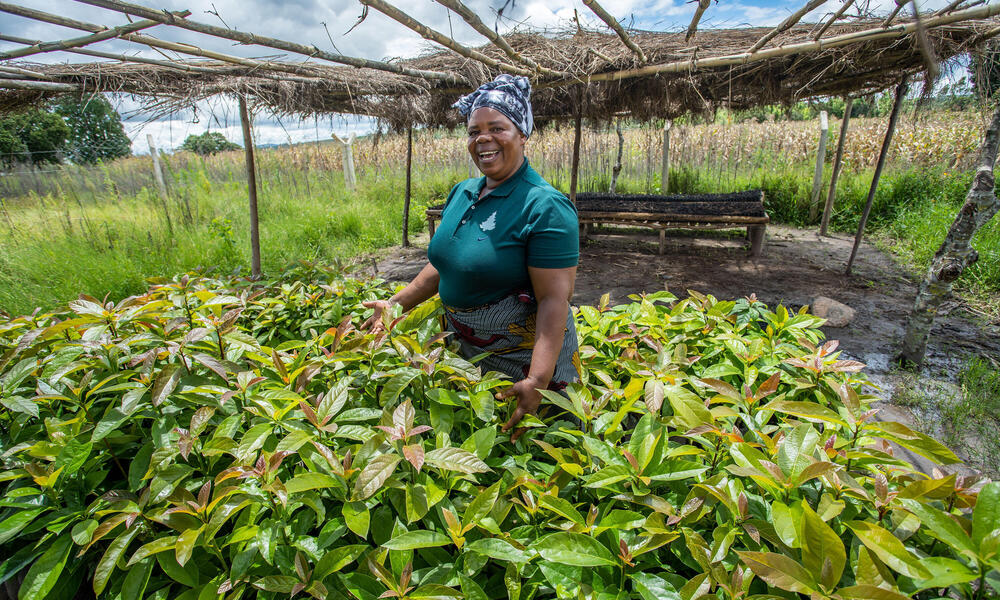Learn more about our impact
Learn more about our impact
- What we care about
- People
- Places
- Species
- Climate crisis
- Sustainability
- How we work
- Public policy
- Science
- Business
- Wildlife conservation
About WWF
WWF works to sustain the natural world for the benefit of people and wildlife, collaborating with partners from local to global levels in nearly 100 countries.
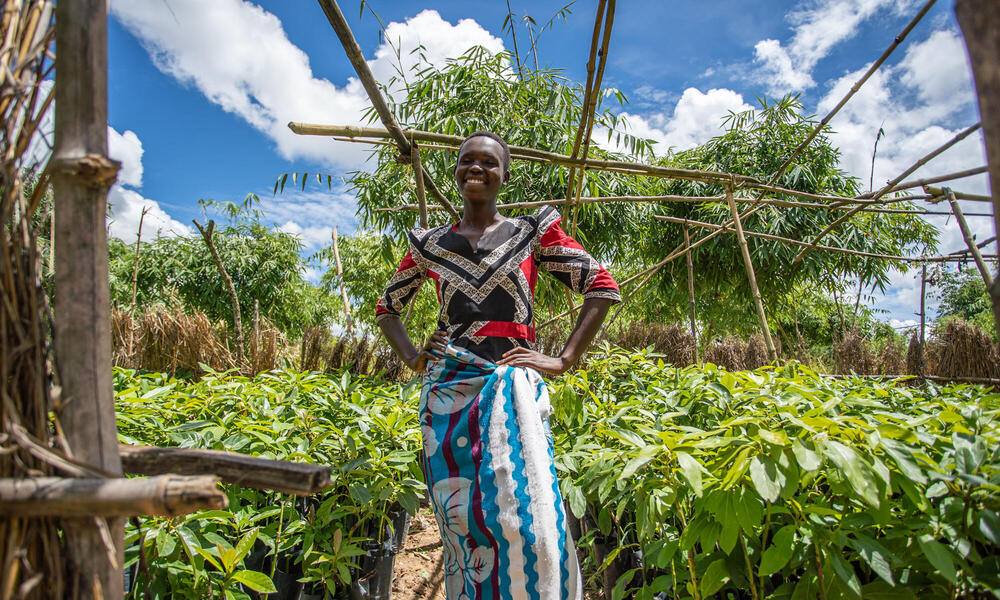
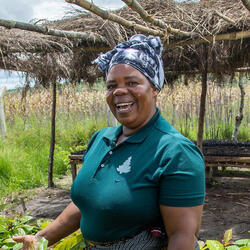
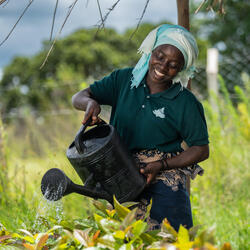 Magreth Kewe
Magreth Kewe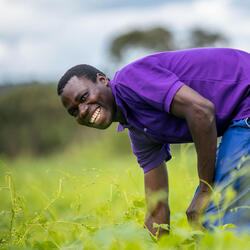 Emanuel Mbwiro
Emanuel Mbwiro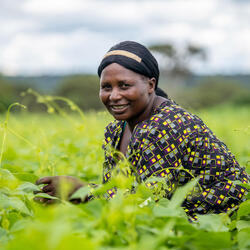 Agatha Titus Mkayula
Agatha Titus Mkayula